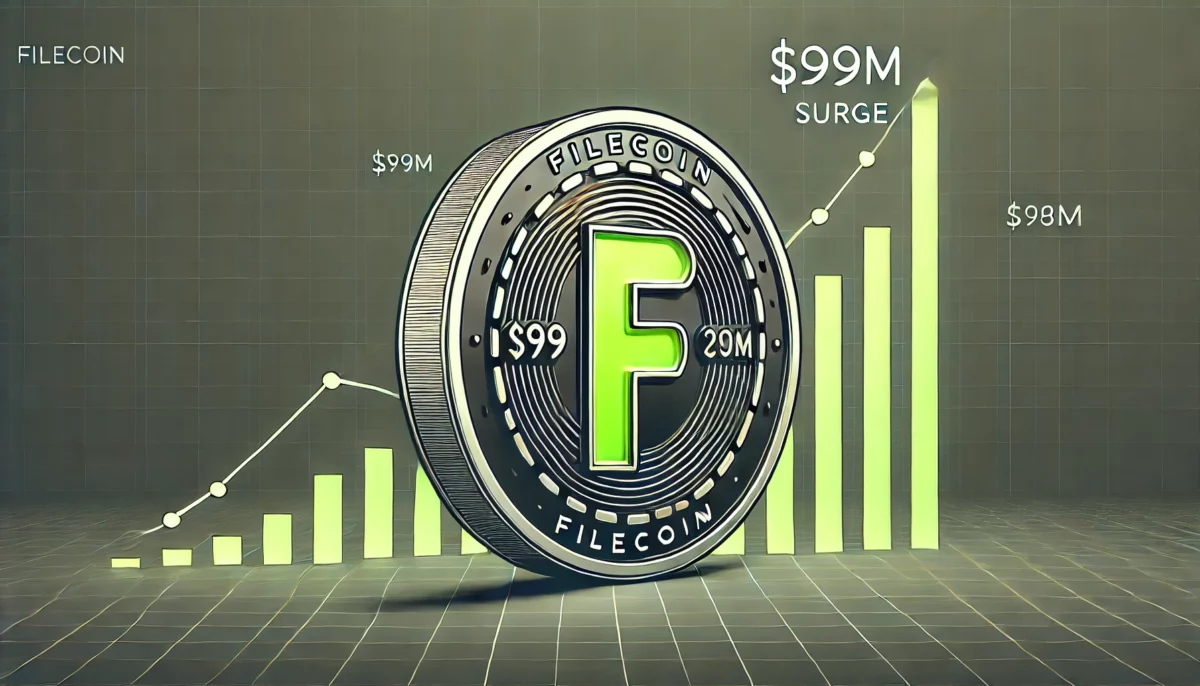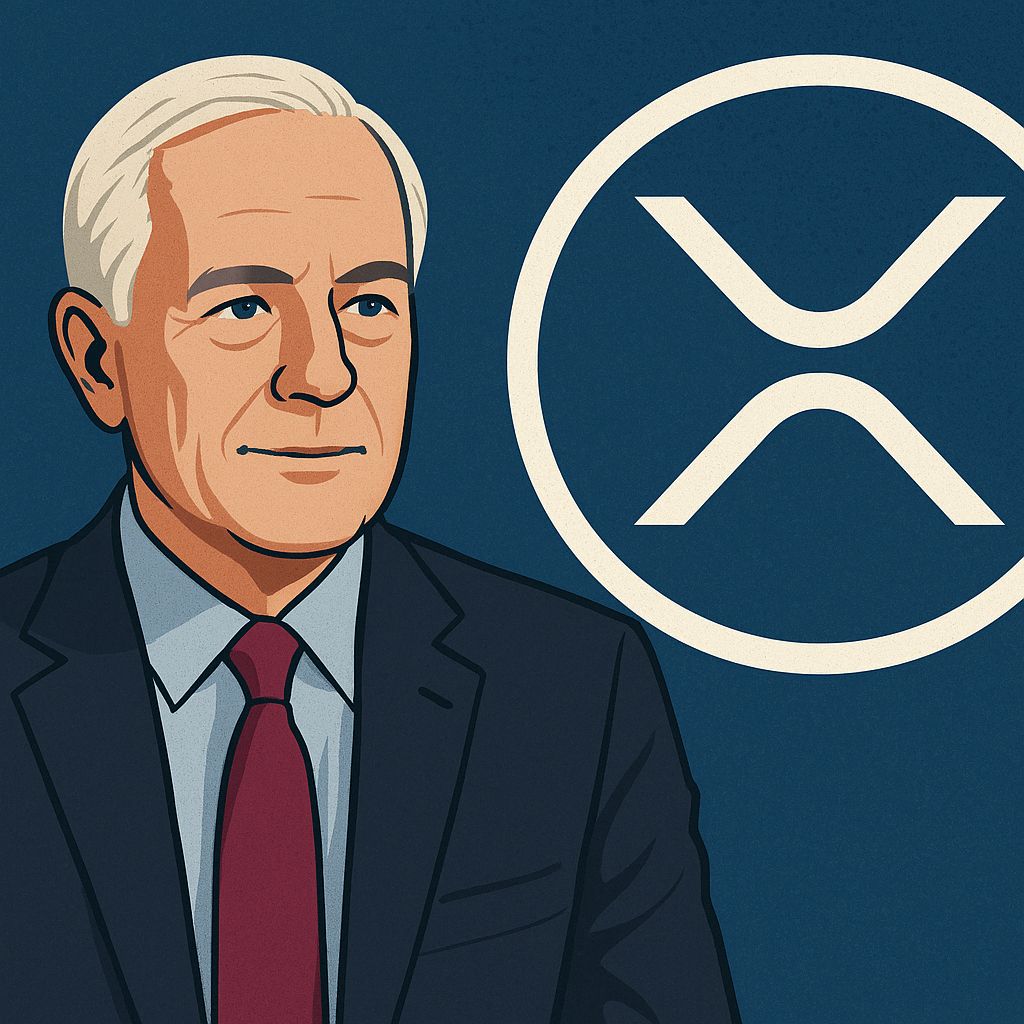What’s New in DePin? Aethir Teams Up with TensorOpera, ATOR Reaches 2,000 Relays, Nuklai Changes Tokenomics
Decentralized Physical Infrastructure Networks (DePin) are transforming the tech by enabling decentralized projects in real-world infrastructure.
Here’s what happened recently in the DePin sector: Aethir partnered with TensorOpera to leverage large-language model training, ATOR Protocol reached 2,000 relays, making independent internet one step closer, and Nuklai changed its tokenomics to increase the long-term value of NAI.
Aethir Teams Up with TensorOpera
TensorOpera and Aethir have partnered to enhance large-scale language model (LLM) training using decentralized cloud infrastructure. TensorOpera’s generative AI platform will leverage Aethir’s global GPU resources for its advanced model, Fox-1.
Aethir uses a globally distributed network of high-quality GPUs to support AI and machine learning clients worldwide. Instead of centralizing resources in a few large data centers, Aethir decentralizes its GPUs across many locations. This reduces lag and increases scalability by placing GPU resources closer to end-users, enhancing performance and efficiency. This distributed approach allows Aethir to deliver powerful GPU capabilities wherever needed, regardless of clients’ locations.
“Aethir is firmly dedicated to supporting the AI and machine learning sector in developing and launching groundbreaking solutions that can improve the everyday lives of people around the world. TensorOpera provides developers with a comprehensive AI platform, while Aethir will provide them with a steady supply of GPU power that can handle even the most demanding LLM training and AI inference. Thanks to our vast decentralized cloud infrastructure, Aethir is capable of powering large-scale AI development and deployment worldwide,” said Daniel Wang, Aethir’s CEO.
Read more: What Is DePIN (Decentralized Physical Infrastructure Networks)?
This collaboration provides scalable, cost-effective AI development by reducing latency and improving efficiency. The integration of Aethir’s extensive GPU network supports the dynamic needs of AI training and deployment, marking a significant shift towards more flexible and powerful AI solutions.
ATOR Protocol Reaches 2,000 Relays
The ATOR Protocol aims to improve internet privacy through a decentralized network. It uses a global network of relays, allowing users to earn ATOR tokens by sharing their bandwidth and computing power. This system addresses the issues of traditional privacy methods by incorporating decentralized finance ( DeFi ) and decentralized physical infrastructure.
A key feature is the Proof-of-Uptime (PoU) system, which rewards relay operators based on their contributions, ensuring the network remains reliable and efficient. This reward system distributes ATOR tokens in real-time, using a gasless signature method validated off-chain and recorded on Arweave.
In a recent X (formerly Twitter) post, the team announced that reaching 2,000 relays is a significant milestone. They believe this achievement brings them closer to restoring users’ rights to online anonymity, marking a big step toward creating an independent internet.
Read more: Top 9 Web3 Projects That Are Revolutionizing the Industry
Against the backdrop of the project’s recent successes, prominent crypto community member Honey shared the reasons why ATOR deserves the hype. She noted its completely decentralized private routing network, new approach to privacy, strategic partnership with Forte Group, and well-designed tokenomics.
“ATOR creates a global DePIN of hardware and software relays that form a completely decentralized private routing network. Unlike both VPNs and Tor, ATOR is built to be trustless, ensuring no central entity can track users’ activity, control traffic flow or shut down relays. Rather than release a new VPN app, the ATOR DePIN is a modular privacy layer that any application can connect to, build on or use,” she stated.
Nuklai Changes Tokenomics
Nuklai, a collaborative data marketplace and infrastructure provider for data ecosystems, has significantly changed its NAI token vesting schedule to promote sustainable growth and a more community-driven ecosystem. The new plan reduces token inflation by 50%, a move designed to increase the long-term value of the tokens.
Ecosystem unlocks are paused until December 2024, meaning the release of tokens to the market will be significantly delayed. This includes a delay in allocating tokens to both the team and stakers until 2025, ensuring that these major holders cannot access and potentially sell large quantities of tokens for an extended period.
The community has responded extremely positively to the project’s actions. One Nuklai user shared his feedback in X post.
“After listening to feedback given by community members like myself, changes have been made empowering @NuklaiData’s hypergrowth and enabling a more sustainable ecoystem. I applaud these changes since it significantly reduces the monthly introduction of tokens into the market by at least 50% for the coming +- 6 months,” he wrote .
Read more: Tokenomics Explained: The Economics of Cryptocurrency
To further promote community involvement, decisions regarding unlocking community allocations will now be determined by DAO (Decentralized Autonomous Organization) votes. Additionally, Nuklai has outlined plans for future developments, including forming new partnerships, updating their product offerings, and expanding the use cases for the NAI token.
These developments indicate a promising future for DePIN, with more prominent players entering the sector and new solutions emerging. While DePIN is still in its early stages and has some flaws, it allows for the exchange of tokens between synthetic and real-world assets. This supports traditional infrastructure by providing last-mile coverage in areas where conventional models are not economically feasible.
Disclaimer: The content of this article solely reflects the author's opinion and does not represent the platform in any capacity. This article is not intended to serve as a reference for making investment decisions.
You may also like
Bitpanda’s triple crown: Austria’s MiCAR license secures its crypto throne
Cardano is fully decentralized, Hoskinson will exit
FIL Price Forecast: Explosive Growth Likely After Filecoin (FIL) v1.32.2 Upgrade

Teucrium CEO Endorses XRP as Essential for Future Financial Infrastructure

